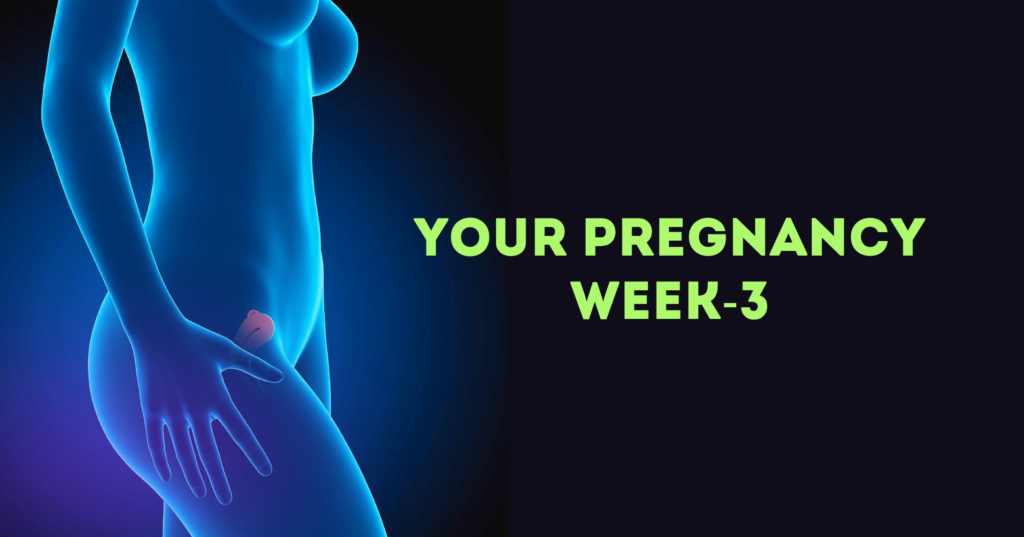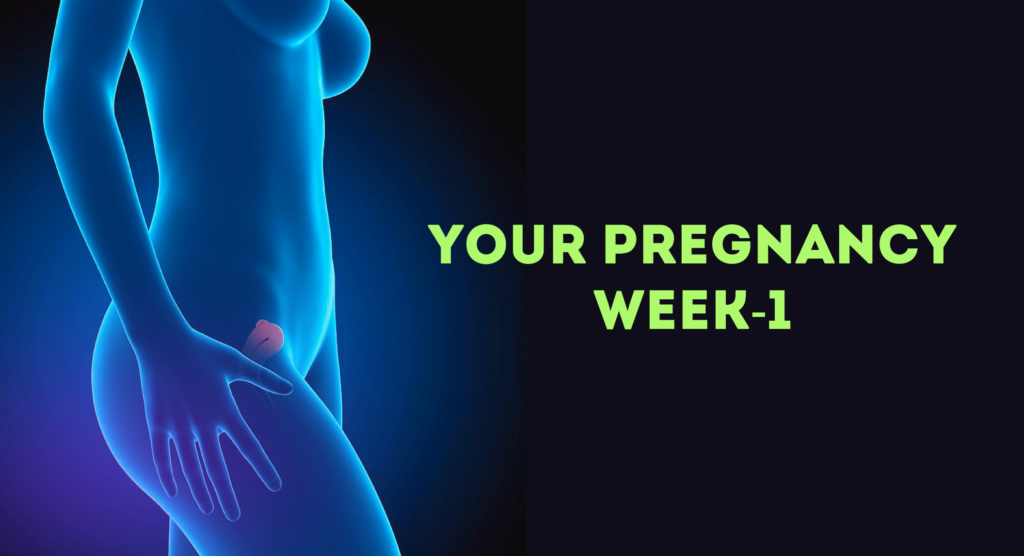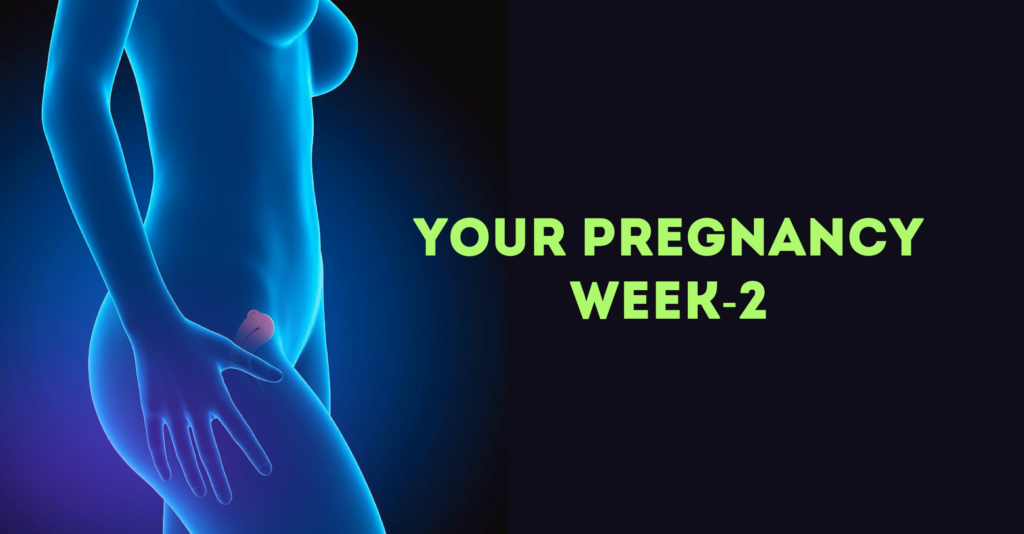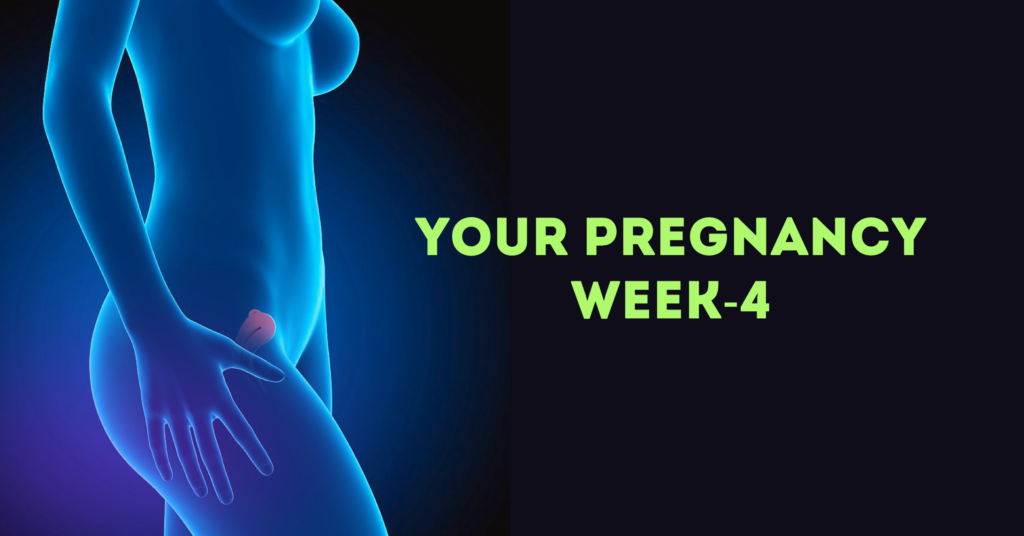When you’re 3 weeks pregnant, a lot of important changes are happening in your body, even if you might not feel much different just yet. This early stage is when conception takes place, and your baby is beginning its amazing journey of growth. Let’s dive into the key takeaways, symptoms, baby development, and more.
Key Takeaways at 3 Weeks Pregnant
- Conception happens this week, which means a fertilized egg (zygote) begins its journey toward becoming an embryo.
- Pregnancy symptoms may still be subtle or even absent for many women.
- Implantation typically occurs at the end of this week, and this is when the pregnancy hormones start increasing.
- It’s still early to take a pregnancy test, but some sensitive tests may detect hCG levels.
Pregnancy Symptoms During Week 3
At 3 weeks pregnant, most women may not notice significant changes. However, here are some subtle symptoms that might indicate your body is preparing for pregnancy:
- Mild Cramping or Spotting: As the fertilized egg implants into the uterine lining, you might experience light spotting or cramping.
- Breast Tenderness: Hormonal changes may cause your breasts to feel slightly swollen or more sensitive.
- Increased Basal Body Temperature (BBT): If you’re tracking your BBT, you might notice it remains elevated after ovulation.
- Fatigue: Increased progesterone levels can make you feel more tired than usual.
- Mood Swings: Hormonal shifts may make your emotions fluctuate, even at this early stage.
Baby Development at 3 Weeks
Even though it’s still incredibly tiny, a lot is happening with your baby at 3 weeks pregnant:
- Zygote Stage: At conception, the sperm and egg combine to form a single cell called a zygote.
- Cell Division: The zygote begins dividing rapidly into multiple cells as it travels down the fallopian tube toward the uterus.
- Blastocyst Formation: By the end of week 3, the zygote becomes a blastocyst, a tiny ball of cells, which will eventually implant into the uterine wall.
- Genetic Blueprint: Your baby’s gender, eye color, hair color, and other genetic traits have already been determined.
Can You Tell You’re Pregnant at 3 Weeks?
At 3 weeks, most women do not yet know they are pregnant. It’s still too early for most home pregnancy tests to detect hCG (the pregnancy hormone). However, some early signs may hint that you could be pregnant:
- Implantation Bleeding: Some women notice light bleeding when the blastocyst implants in the uterus.
- Early Symptoms: Slight nausea, tiredness, or other subtle changes might begin, but they aren’t usually pronounced at this point.
- Taking a Test: If you’re eager to know, some sensitive pregnancy tests may detect hCG levels as early as 3 weeks, but waiting until a missed period provides more accurate results.
Your Pregnant Belly at 3 Weeks
At 3 weeks pregnant, you won’t notice any physical changes to your belly yet. This is because your baby is still a tiny ball of cells and doesn’t take up much space. However, important hormonal changes are happening that will eventually lead to the pregnancy glow, belly growth, and other signs.
Pregnancy Checklist at 3 Weeks Pregnant
Here’s a checklist of things to do when you’re 3 weeks pregnant:
- Start Taking Prenatal Vitamins: If you haven’t already, begin taking a daily prenatal vitamin with at least 400-600 mcg of folic acid to support your baby’s neural development.
- Track Your Symptoms: Write down any early pregnancy symptoms you might be experiencing.
- Maintain a Healthy Diet: Incorporate a balanced diet that includes lean proteins, whole grains, fruits, and vegetables.
- Avoid Alcohol and Tobacco: These substances can harm your baby’s development, so it’s best to eliminate them early.
- Stay Hydrated: Drinking plenty of water is essential for both your health and your developing baby.
To-Do’s for DAD
Expecting dads have a role to play too! Here are some things partners can do to support their pregnant spouse:
- Encourage a Healthy Lifestyle: Support her in maintaining a balanced diet and remind her to take prenatal vitamins.
- Create a Relaxing Environment: Pregnancy can be stressful, so help create a calm and supportive space at home.
- Stay Informed: Read about pregnancy and development to understand what she is going through.
- Be Patient and Understanding: Mood swings and fatigue are common in early pregnancy, so empathy is key.
Conclusion
At 3 weeks pregnant, your journey is just beginning, and while the signs might be subtle, there are big things happening inside your body. As your baby continues to grow and develop, staying healthy and informed is the best thing you can do to support this incredible process. Don’t forget to keep track of any early symptoms and stay in touch with your healthcare provider to ensure a smooth and healthy pregnancy journey.



